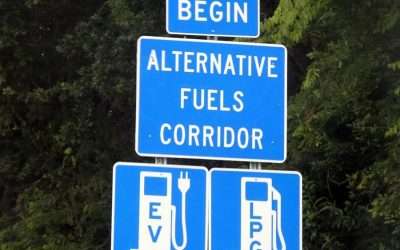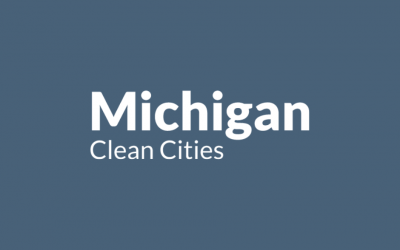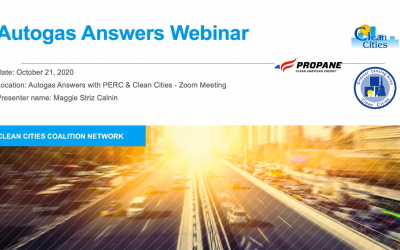The Economic Growth Institute at University of Michigan with project partner Michigan Clean Cities facilitated the first in a series of strategic planning sessions with the City of Lansing toward developing a community-centered action plan to minimize the negative and maximize the positive outcomes of the current transition toward a greater share of electrification within the automotive industry.
The project began with listening sessions with municipal government, workforce, and economic stakeholders earlier this year. The project is funded through the US DOE Vehicle Technologies Office’s Fiscal Year 2022 Program Wide grants and will run through 2026.
Joining Lansing in this effort are ten communities in Southeast Michigan impacted by growth in electrification in the automotive supply chain, impacting jobs, career pathways and training, local revenue, and infrastructure investments. Michigan communities, including Lansing, have experienced changes in job numbers and job types due to changes at automotive and supplier facilities and industry factors. That said, new opportunities are coming on line, as well.
The Battery Workforce Initiative was announced in Lansing earlier this year and this month US DOE announced $18 million awarded to Michigan through the Office of Manufacturing and Energy Supply Chains to help small- and medium-size suppliers adapt manufacturing facilities for the electric vehicle supply chain. The strategic plan is intended to better link Lansing residents, organizations, and businesses with key opportunities.
Learn more at: https://www.michigancleancities.org/micc-egi-collab



